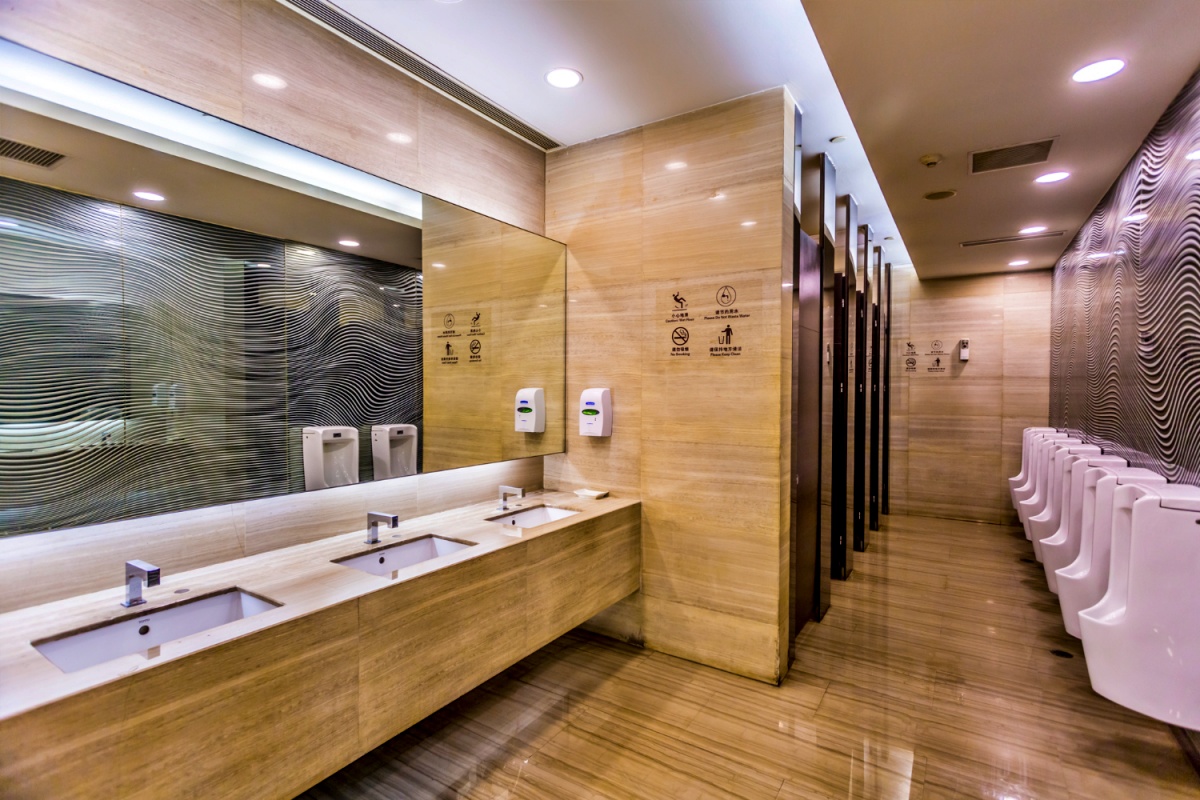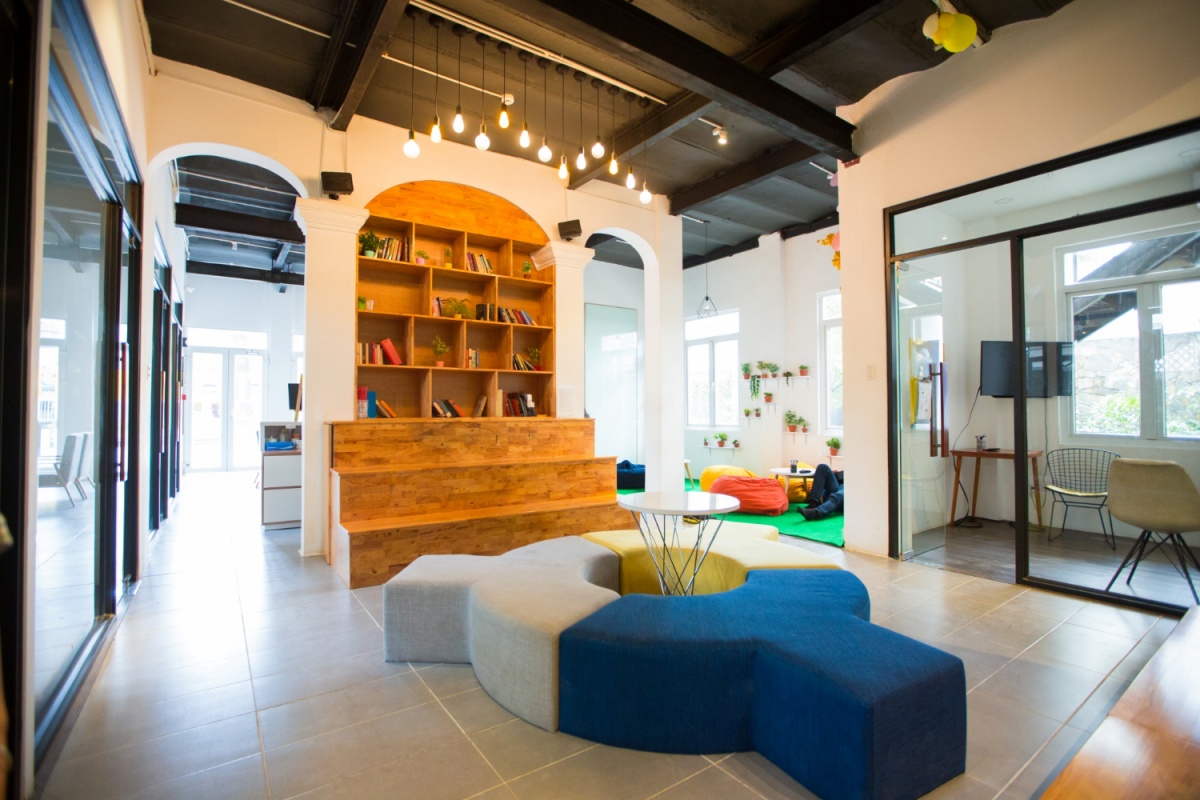What was once a niche concern is now a mainstream mandate, as businesses and employees alike prioritize eco-friendly practices in their daily operations. The term “green office” is evolving into a blueprint for the future of work.
The push for green offices is a response to an urgent need. With climate change becoming an ever-pressing issue, businesses have a moral and economic imperative to act. The momentum for sustainable workplaces is driven by a confluence of factors: heightened environmental awareness, stricter regulations, and the need for businesses to align their operations with the values of their workforce and stakeholders.
Reducing Carbon, One Sensor at a Time
As Pallavee Dhaundiyal Panthry, Chief Communication Advisor at World of Circular Economy (WOCE), puts it, “Workplace sustainability will become a mantra for responsible business operations.”
Technology is leading the charge in making offices greener. Companies are leveraging AI-enabled sensors to monitor energy usage and carbon emissions in real time. These smart systems, which provide actionable data on resource consumption empower organizations to make targeted improvements.

IKEA’s ‘People & Planet Positive’ strategy and Salesforce’s net-zero cloud solutions are prominent examples of how technology can drive sustainability. “Daily carbon footprint tracking at the individual level, combined with AI-powered energy management, is no longer aspirational, it’s essential,” says Pallavee. These tools are enabling companies to pinpoint inefficiencies and lower their emissions footprint dramatically.
Transportation policies are also undergoing a green transformation. Leading corporations like Google and Unilever are incentivizing public transport, carpooling and even cycling to work, reducing transit-related emissions. Coupled with the ongoing trend of remote work, these efforts are significantly cutting down the energy demands of daily commuting.
Rethinking Water And Waste
Water conservation is emerging as a critical component of green office practices. Gurmit Singh Arora, National President of the Indian Plumbing Association, talked to the ETV Bharat Lifestyle team about the importance of water-efficient systems in modern workplaces. “Low-flow faucets, sensor-based taps, and dual-flush systems are becoming the norm, while IoT-based water monitoring devices are ensuring every drop counts,” he says.
Offices are also embracing advanced plumbing systems that meet global green certifications like LEED and WELL. These innovations not only minimize wastage but also serve as a model for industries looking to adopt water-saving technologies. Beyond hardware, companies are launching awareness campaigns to encourage employees to practice water conservation even beyond office walls.

On the waste front, zero-waste initiatives are gaining traction. Offices are eliminating disposable cutlery, transitioning to reusable alternatives, and digitizing operations to drastically reduce paper usage. Addressing Scope 3 emissions (those stemming from suppliers and logistics) is also gaining importance as companies aim for holistic impact.
Green Buildings
As Aman Gupta, Director of RPS Group, points out, the demand for green office spaces is reshaping real estate development. “Solar panels, 'living' (plant) walls, smart lighting, and natural ventilation are considered essential,” he says. Buildings with biodiverse roofs, rain gardens and urban farms are integrating nature into the workplace, enhancing air quality and reducing energy usage.

These innovations go hand in hand with smart building technologies, which autonomously manage energy, water and waste systems. These systems ensure sustainability without compromising comfort or productivity, proving that eco-friendly design can coexist with modern work demands.
Employee-Led Green Initiatives
Sustainability in the workplace is about culture as much as it's about infrastructure. Companies are increasingly engaging employees in green initiatives, from awareness campaigns to reward systems for reducing waste. Encouraging simple actions, such as unplugging devices or bringing reusable lunch containers encourages a collective commitment to sustainability.
These practices align with a larger shift toward values-driven workplaces. Employees (particularly Gen Z and millennials) are drawn to organizations that prioritize the planet. As companies like IKEA, Salesforce, Google and Unilever set the standard, others will inevitably follow. The shift toward green office practices is about creating workplaces that reflect the values of their employees and the expectations of a sustainable future.
The tools and frameworks for sustainability are already in place. The challenge lies in scaling these practices across industries and geographies.
Read more:



